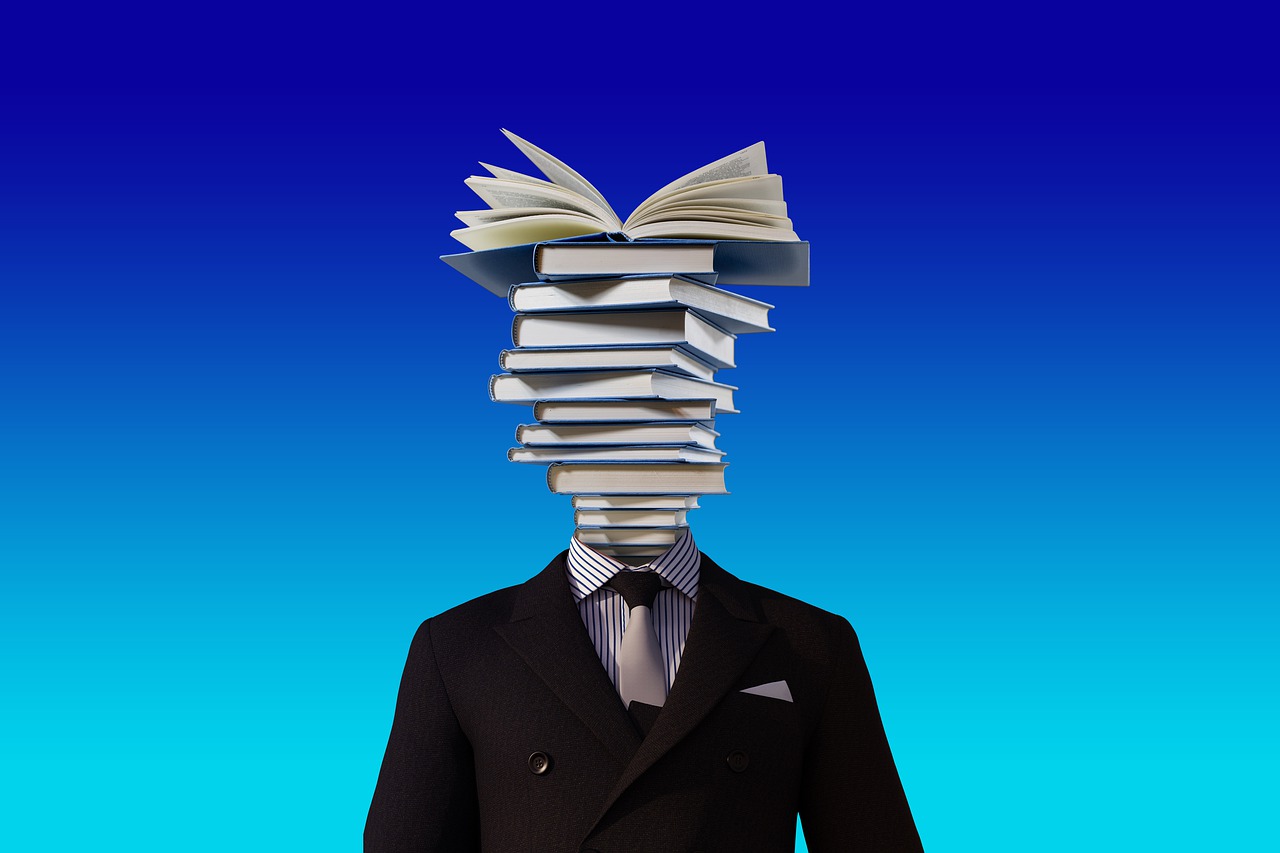
Risks of Pop Psychology and Self Diagnosis in Mental Health
Pop psychology and self diagnosis can lead to misinformation, delayed treatment, and worsening mental health. Learn why clinical evaluation matters.
Read More
Understanding the Two Types of ADHD: Inattentive & Hyperactive-Impulsive
Understand the two types of ADHD Inattentive and Hyperactive Impulsive. Learn their key symptoms, how they affect daily life, and why consulting a qualified psychiatrist is important for proper ADHD treatment.
Read More
How To Respond If Someone Near You Has Self Harm Behaviour?
Self-harm, also known as no suicidal self-injury, is a way used by some people to deal with psychological pain or discomfort that may not always be a suicide attempt.
Read More
Get Ramadan Ready - Tips to protect your mental and physical health during Ramadan
As Ramadan approaches, many Muslims around the world are preparing for a month of fasting, prayer, and reflection. While the spiritual benefits of Ramadan are well-known, it's important to also consider the mental and psychological impact of fasting.
Read More
Unmasking Overlooked ADHD Symptoms
Beyond the fidgeting and forgetfulness, discover the hidden struggles of ADHD, from emotional rollercoasters to having trouble with time
Read More
Body Doubling for ADHD: Productivity Boosting Hack
Imagine having a supportive partner by your side, helping you power through tasks and achieve your goals.
Read More
